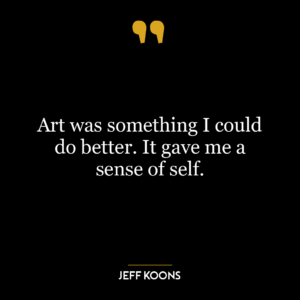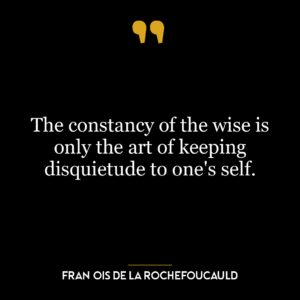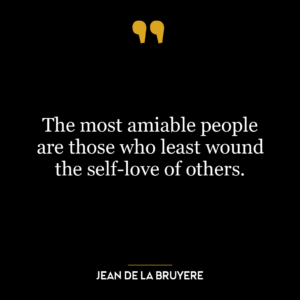This quote emphasizes the importance of self-efficacy, which is essentially one’s belief in their own ability to achieve goals or complete tasks. It suggests that even if individuals have the knowledge and skills necessary to perform a task, they might still be ineffective if they lack confidence in their own abilities. This is because self-efficacy influences not only what we do, but how we do it. It affects our thought patterns, level of effort, perseverance in the face of difficulties, and resilience to setbacks.
For instance, two people could have the same knowledge and skills to complete a task, but the one with higher self-efficacy is more likely to approach the task with confidence, put in more effort, persist longer, and be more resilient when facing obstacles. On the other hand, the one with lower self-efficacy might approach the task with doubt, put in less effort, give up sooner, and be more easily discouraged by obstacles.
In today’s world, this idea is highly relevant in various fields such as education, business, health, and personal development. For example, in education, students with high self-efficacy are more likely to engage in challenging tasks, persist in the face of difficulties, and achieve higher academic performance. In business, employees with high self-efficacy are more likely to take on challenging tasks, persist in the face of difficulties, and achieve higher job performance.
In terms of personal development, understanding this idea can help individuals improve their self-efficacy. They can do this by setting and achieving small goals, seeking positive feedback, observing others succeed, and managing their stress and emotions. By improving their self-efficacy, individuals can become more effective in their behaviors, despite knowing what to do.
Moreover, in the age of social media where comparison is rampant, it’s easy for individuals to doubt their capabilities when they see others succeeding. This quote reminds us that the key to effectiveness is not just knowing what to do, but believing in our ability to do it.







